Indigenous Governance Database
Ibrahim Garba

CARE Directs Us Home: Reclaiming Indigenous Authority Over Data
In 2019, the Global Indigenous Data Alliance (GIDA) developed and published the CARE Principles for Indigenous Data Governance (Collective Benefit, Authority to Control, Responsibility, Ethics) to complement the FAIR principles for open scientific data management (Findable, Accessible,…
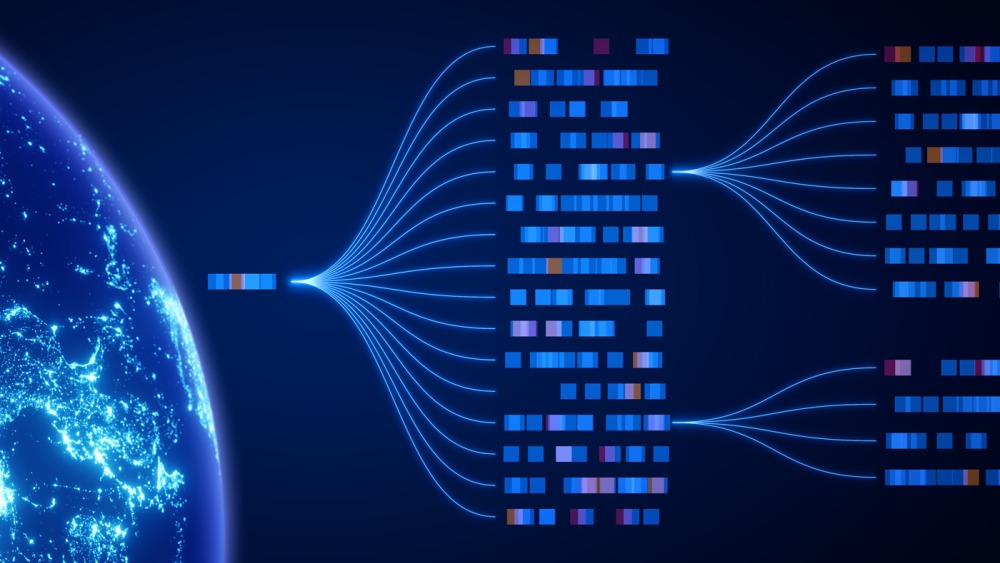
Common Rule Revisions to Govern Machine Learning on Indigenous Data: Implementing the Expectations
We agree with Chapman et al. that the Common Rule needs revision, particularly regarding the application of artificial intelligence and machine learning (AI/ML) in health research with Indigenous Peoples. Without greater consideration of collective harms in human subjects research, this…
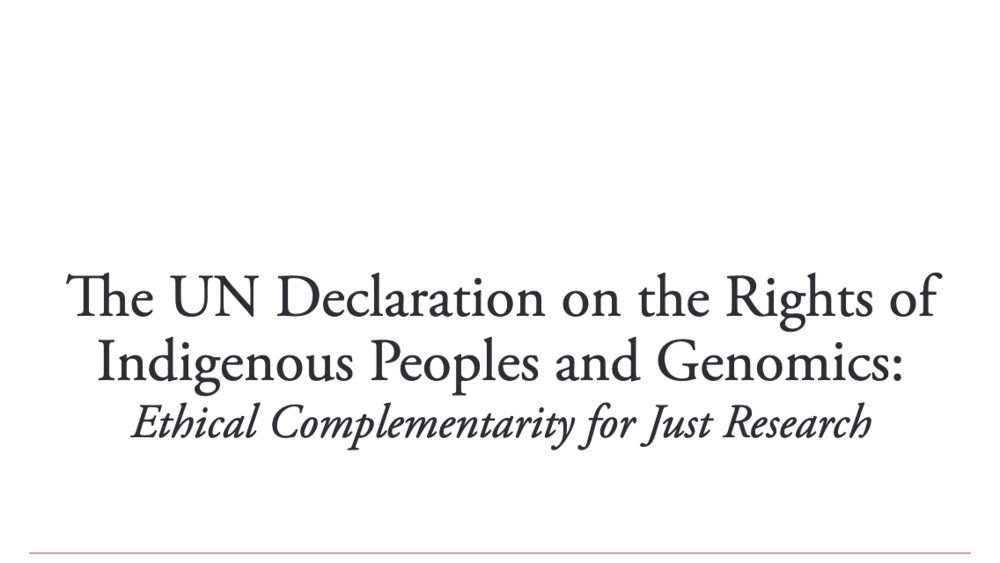
The UN Declaration on the Rights of Indigenous Peoples and Genomics: Ethical Complementarity for Just Research
Governance of biomedical research in the United States has been characterized by ethical individualism, a mode of reasoning that treats the individual person as the center of moral concern and analysis. However, genomics research raises ethics issues that uniquely affect certain genetically related…
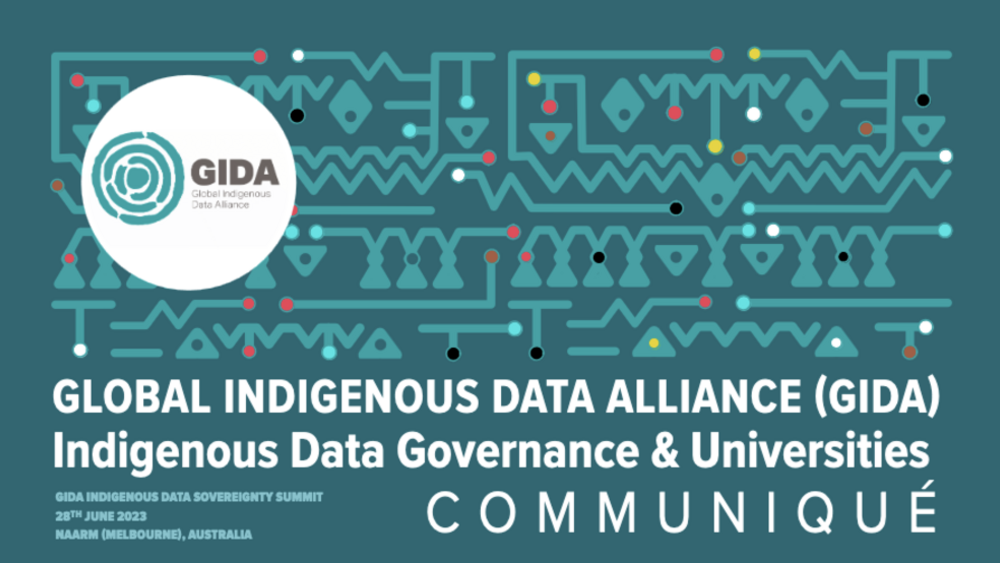
Indigenous Data Governance and Universities Communiqué
Universities create, use, and hold enormous amounts of Indigenous data. These data range from old historical records to contemporary large datasets, including Open Data2 and the data underpinning emerging Artificial Intelligence (AI) Technologies. Indigenous Peoples’ data include information about…

Indigenous Peoples and research: self-determination in research governance
Indigenous Peoples are reimagining their relationship with research and researchers through greater self-determination and involvement in research governance. The emerging discourse around Indigenous Data Sovereignty has provoked discussions about decolonizing data practices and highlighted the…
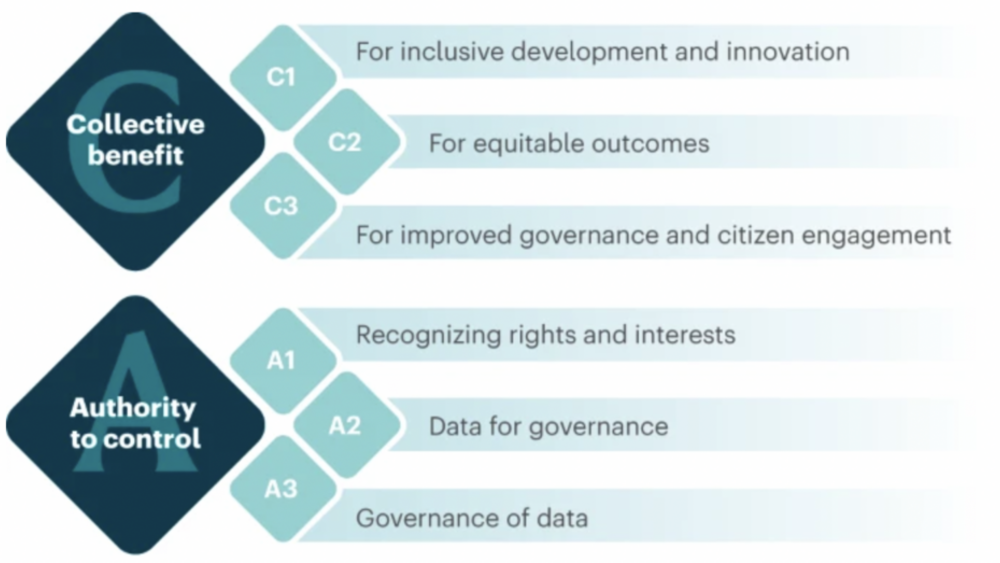
Applying the ‘CARE Principles for Indigenous Data Governance’ to ecology and biodiversity research
Indigenous Peoples are increasingly being sought out for research partnerships that incorporate Indigenous Knowledges into ecology research. In such research partnerships, it is essential that Indigenous data are cared for ethically and responsibly. Here we outline how the ‘CARE Principles for…

Indigenous Peoples' Rights in Data: a contribution toward Indigenous Research Sovereignty
Indigenous Peoples' right to sovereignty forms the foundation for advocacy and actions toward greater Indigenous self-determination and control across a range of domains that impact Indigenous Peoples' communities and cultures. Declarations for sovereignty are rising throughout Indigenous…
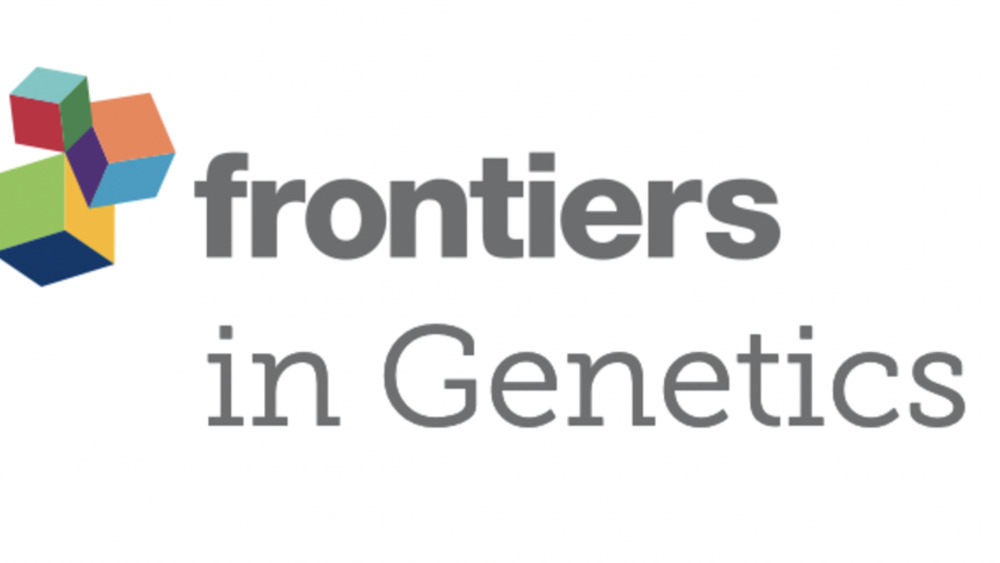
Extending the CARE Principles from tribal research policies to benefit sharing in genomic research
Indigenous Peoples have historically been targets of extractive research that has led to little to no benefit. In genomics, such research not only exposes communities to harms and risks of misuse, but also deprives such communities of potential benefits. Tribes in the US have been exercising their…

Using Indigenous Standards to Implement the CARE Principles: Setting Expectations through Tribal Research Codes
Biomedical data are now organized in large-scale databases allowing researchers worldwide to access and utilize the data for new projects. As new technologies generate even larger amounts of data, data governance and data management are becoming pressing challenges. The FAIR principles (Findable,…
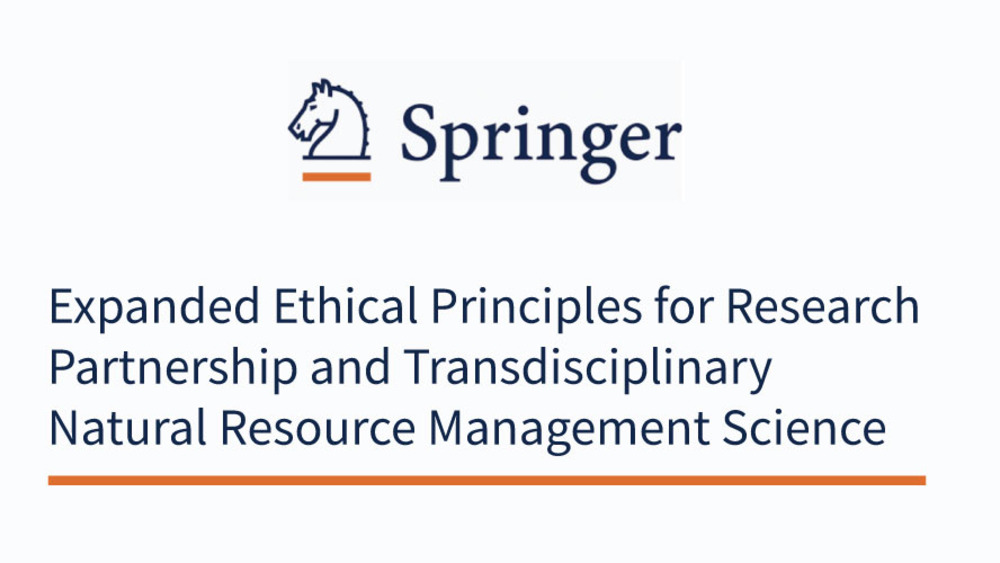
Expanded Ethical Principles for Research Partnership and Transdisciplinary Natural Resource Management Science
Natural resource researchers have long recognized the value of working closely with the managers and communities who depend on, steward, and impact ecosystems. These partnerships take various forms, including co-production and transdisciplinary research approaches, which integrate multiple…
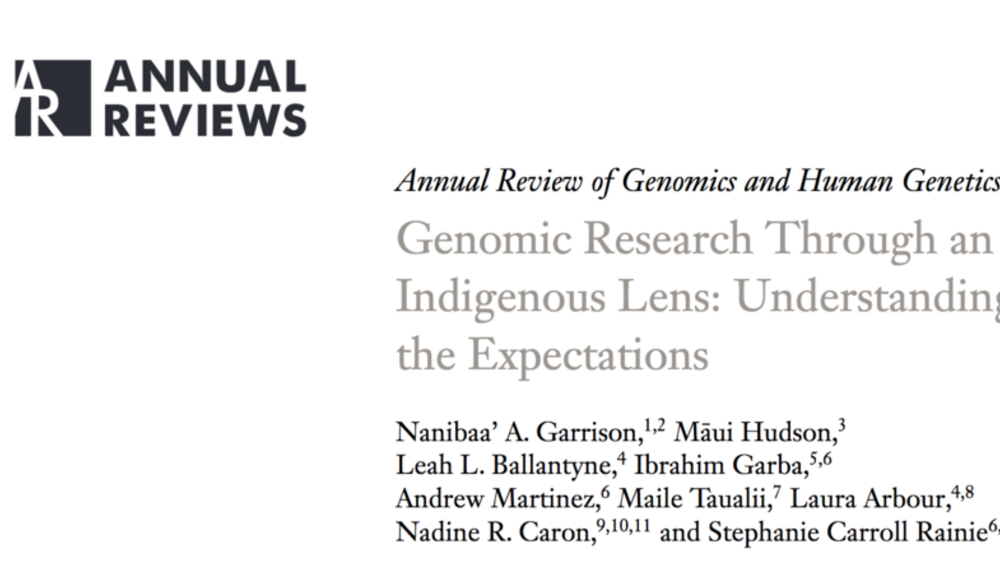
Genomic Research Through an Indigenous Lens: Understanding the Expectations
Indigenous scholars are leading initiatives to improve access to genetic and genomic research and health care based on their unique cultural contexts and within sovereign-based governance models created and accepted by their peoples. In the past, Indigenous peoples’ engagement with genomic research…
